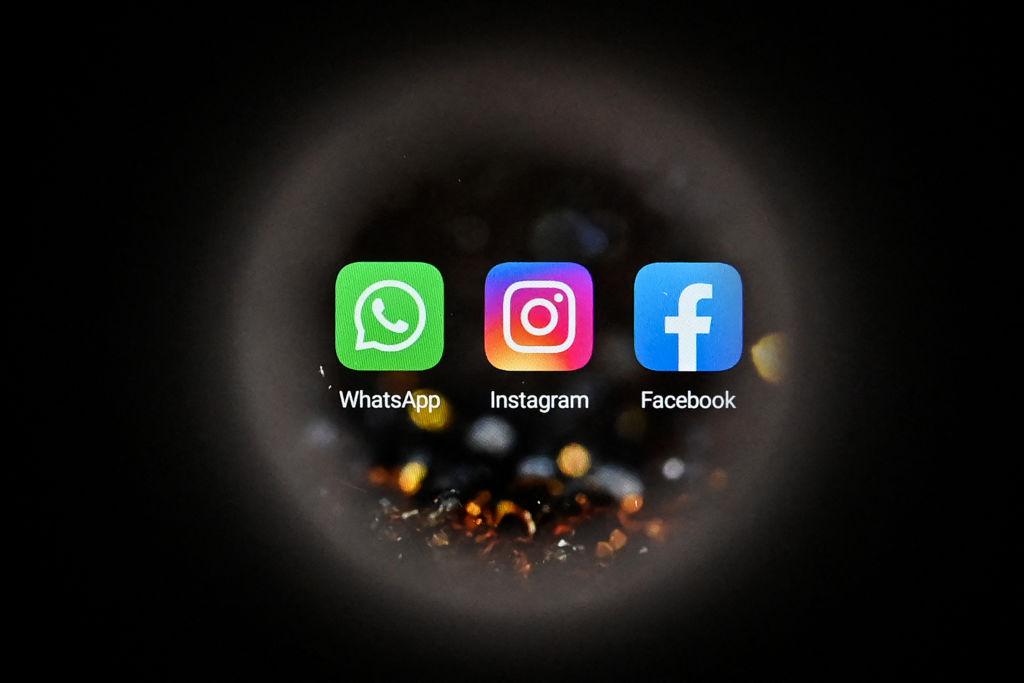With two days left in this year’s legislative session, Florida lawmakers sent their second attempt at regulating social media to the desk of Gov. Ron DeSantis.
House Bill 3: Online Protections for Minors was passed by the State Senate on March 6 with a vote of 30–5 after voting in favor of an amendment that essentially transformed the broader bill into a rewritten version of the one Mr. DeSantis vetoed last week. It was sent back to the House of Representatives and was passed to the governor’s office with a vote of 109–4. The original version passed unanimously.





